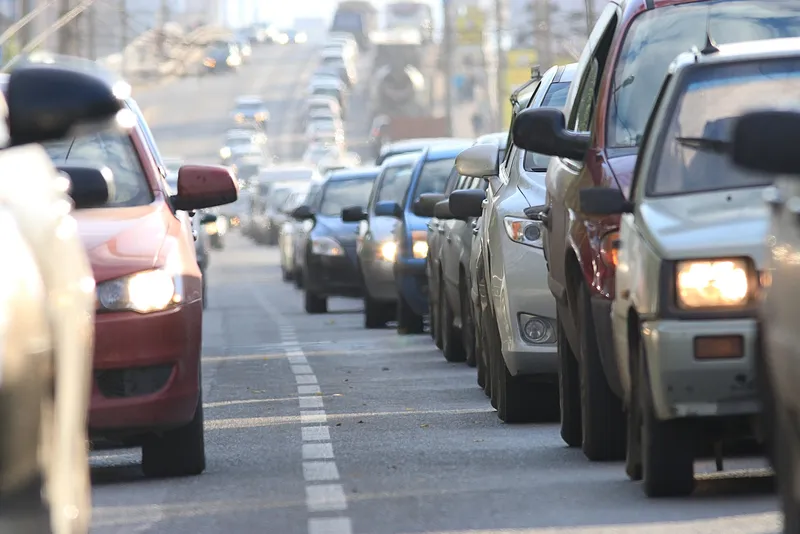Bournemouth Council has opted to use WPS’ ParkAdvance IP-based car parking system, including contactless payment card in/card out technology for one of its largest and busiest car parks, Richmond Gardens.
Customers are able to wave and pay using a contactless card when accessing the car park; the fee is deducted from the card when the vehicle leaves.
As part of the solution, WPS also installed automatic number plate recognition (ANPR), increasing security and intelligently monitoring the flow of traff
March 7, 2016
Read time: 1 min
Bournemouth Council has opted to use 7855 WPS’ ParkAdvance IP-based car parking system, including contactless payment card in/card out technology for one of its largest and busiest car parks, Richmond Gardens.
Customers are able to wave and pay using a contactless card when accessing the car park; the fee is deducted from the card when the vehicle leaves.
As part of the solution, WPS also installed automatic number plate recognition (ANPR), increasing security and intelligently monitoring the flow of traffic through the car park. A comprehensive reporting function gives the Council’s operators accurate systems data that helps to support enhanced performance, reliability and operational effectiveness.
Customers are able to wave and pay using a contactless card when accessing the car park; the fee is deducted from the card when the vehicle leaves.
As part of the solution, WPS also installed automatic number plate recognition (ANPR), increasing security and intelligently monitoring the flow of traffic through the car park. A comprehensive reporting function gives the Council’s operators accurate systems data that helps to support enhanced performance, reliability and operational effectiveness.









